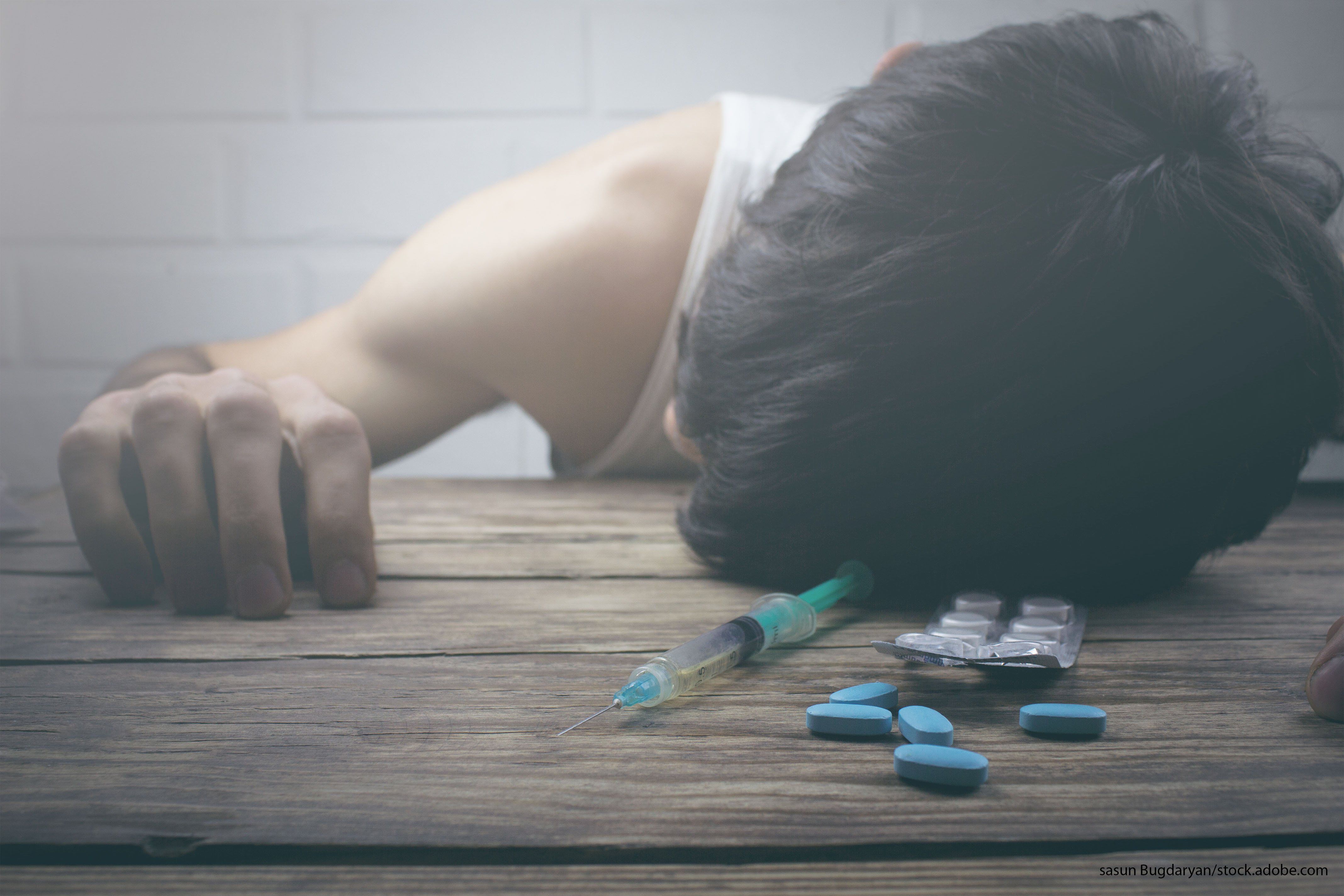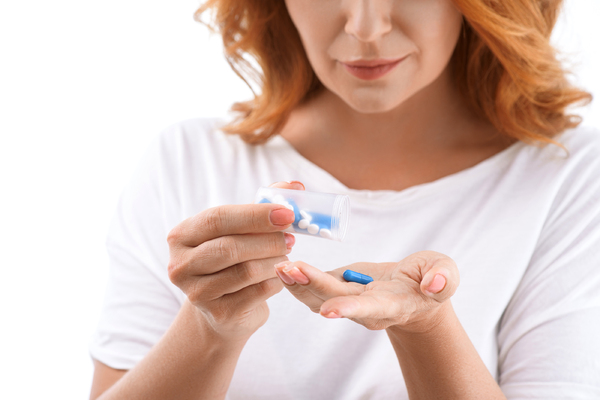Drug or alcohol abuse alters the way the brain works by influencing the areas in charge of motivation, learning, memory, emotion, and behavior. These changes are long-lasting. Abuse of substances can alter the physical makeup and chemistry of the brain. Damage may be brought on directly by the harmful effects of alcohol and drugs or as a result of drug usage (seizures, asphyxiation, respiratory arrest, hypoxic brain injury from overdose, traumatic brain injury because of accidents, or risky behavior when high, etc.)
Table of Contents
Drug Usage, the Brain, and Recovery
Physical addiction results from the human brain’s adaptation to the alterations that drug usage forces upon it. Withdrawal symptoms occur when the drug is eliminated since the brain must once again adjust. The capacity of the brain to self-repair as a result of its adaptability and suppleness is known as neuroplasticity.
In addition to allowing the brain to adapt to the substance and lead to addiction, neuroplasticity also enables the brain to repair by “rewiring” neuronal connections to avoid some of the areas that have been damaged by drug use or injury. According to psychological study, the brain is capable of “unlearning” habits that result in persistent addiction.
Drug addiction messes with the dopamine neurotransmitter, which is a component of the reward system in the brain. Dopamine, sometimes known as the “feel-good” hormone, has an impact on the parts of the brain that are involved in decision-making and pleasure. Your brain releases more dopamine than usual when you take drugs and alcohol. When levels of naturally generated dopamine decline with repeated usage, tolerance may develop, requiring the user to take more of the drug to have the same benefit. With time, the addictive behavior turns into a necessity to prevent withdrawal symptoms. Addiction maintenance is the most natural line of action thanks to neuroplasticity.
Following Drug Use, How to Restore Your Brain Health
Following the identification and treatment of addiction through counseling and detox programs, the following actions can be taken to promote brain healing:
Remaining Clean – According to studies, patients’ brains exhibited a considerable rise in dopamine proteins a year following therapy and recovery.
Practicing mindfulness meditation – It can help people with drug use disorders find better methods to deal with cravings, triggers, and difficult feelings. By engaging in mindfulness practices, one can “retrain” the neural circuits in the brain that cause relapse, so limiting additional harm.
Keeping Your Brain Active – Mental exercise and distraction come from learning new things or engaging in cognitively demanding activities.
Some dietary choices for promoting brain recovery include:
- broccoli (an good source of vitamin K and antioxidants) (an excellent source of vitamin K and antioxidants)
- berries (very high in antioxidants and phytochemicals proven to promote learning, thinking, and memory skills, and also are relatively low in sugars, making them one of the healthiest fruits available) (extremely rich in antioxidants and phytochemicals known to improve learning, thinking, and memory functions, and also are relatively low in sugars, making them one of the healthier fruits available)
- Celery is a fantastic source of vitamin K, antioxidants, and luteolin, a substance that reduces brain inflammation.
- Cocoa butter (rich in ketones and lauric acid)
- beans garbanzos (a rich source of magnesium that strengthens the activity of brain cell receptors and increases blood flow to the brain)
- organic beef (an excellent source of vitamin B12)
- Raw nuts and seeds or cold-pressed oil are both options (high in amino acids, fiber, and healthy omega-3 fats, phytosterols, B vitamins, antioxidants, and zinc)
- turmeric (rich in curcumin, a potent anti-inflammatory and antioxidant that helps prevent neuron damage, increase memory and improve the regeneration of new brain cells) (high in curcumin, a powerful anti-inflammatory and antioxidant that can prevent neuron damage, boost memory and improve the regeneration of new brain cells)

Humans are adaptable, and the body and brain were built to be self-healing. This process can be accelerated, which will improve neurological healing. When someone has a drug use problem, getting addiction treatment and quitting using addictive substances can help avoid or even reverse some of the neurological effects of substance misuse. Rehabilitation will provide you the chance to regain control over your physical, mental, and general well-being.
The brain is built to adapt to events in the actual world, unlike other organs. Although addiction is a learned reaction, the brain’s capacity for adaptation makes recovery possible.
Our welcoming space was created with the demands of the customer as its top priority. Master’s level counselors, chemical dependence counselors with licenses, 24-hour nursing staff, a staff psychiatrist, a staff chef, and direct care employees make up our workforce. With an emphasis on adjusting treatment to meet each client’s particular needs, our counseling staff offers our customers tailored treatment and care. Our staff also offers grief and trauma therapy, relapse prevention, life skills training, and family counseling.
We are passionate about sharing the procedure involved in leading a life free from drugs and alcohol. We have a strong alumni network that is still active in the community and provide free aftercare for the guys who finish our program. We also provide other amenities including meals created by a dietitian, mindfulness-based meditation instruction, trips, and exercise instruction.

